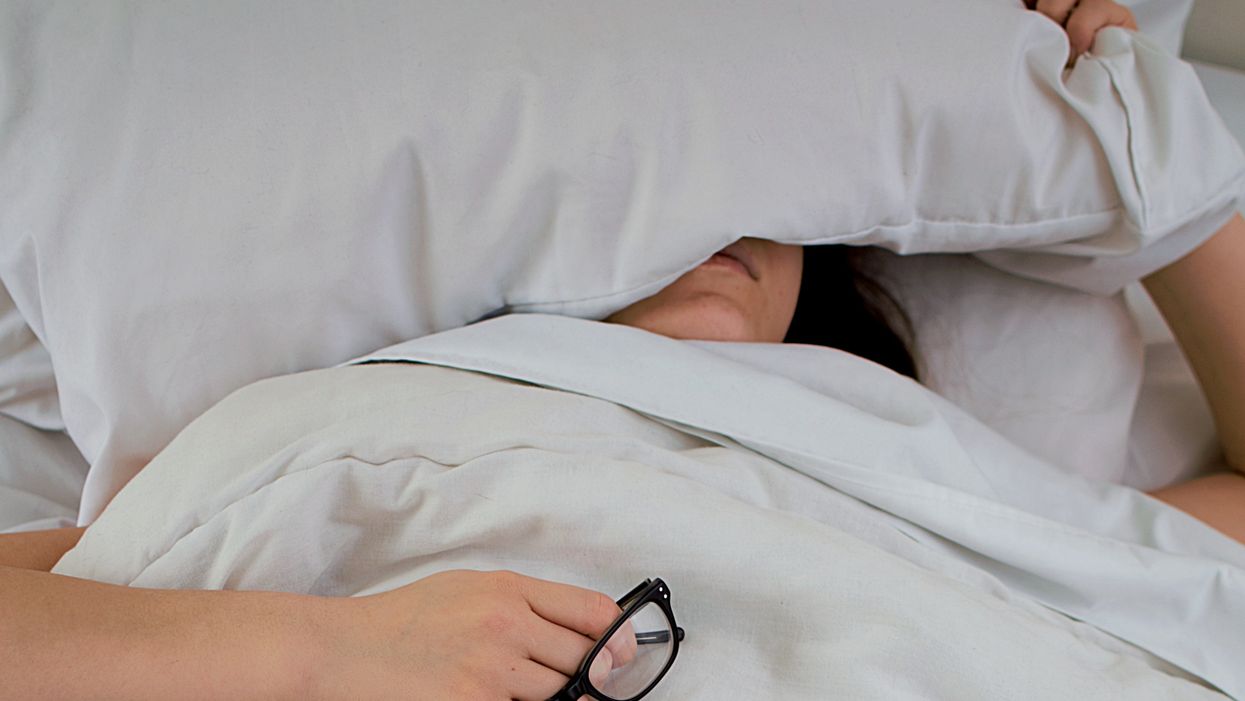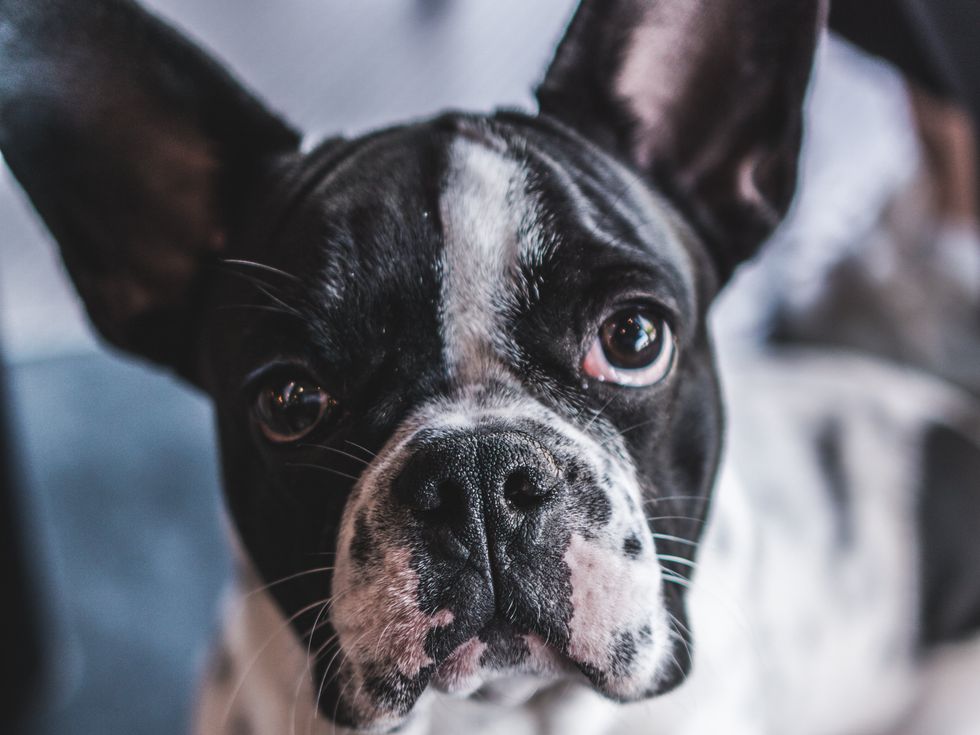
Struggling to sleep? Let these... interesting recommendations inspire you
Whilst the stresses and pace of 21st Century life, as well as our addiction to screens, make sleep a challenge for many of us, insomnia is by no means a modern day phenomenon.
Humans have been afflicted with restless nights since time immemorial.
And though nowadays we might make ourselves a cup of camomile tea or listen to a soporific podcast to help us drift off, our ancestors had their own – sometimes questionable – methods.
Here, to mark World Sleep Day, we take a look at some of the more interesting remedies history has to offer:
Smearing a dog’s ear wax on your teeth
We know the therapeutic joy of spending time with a beloved pet, but can they also perform a medicinal function?
Read more:
- Uber passenger who coughed on driver faces up to 16 years in jail
- Asian grandmother who fought off attacker with stick receives nearly $600,000 in donations
- Meghan Markle gave her autograph to a shop worker in 2009 ‘in case she became famous’
That’s what Italian doctor and mathematician Gerolamo Cardano apparently believed back in the 16th Century.
He encouraged his patients to rub canine ear wax across their teeth before bed, Readers’ Digest reports.
Our advice? Don’t try this at home.

Cow dung at the foot of your bed
Bedbugs, fleas and flies were a common nuisance to the 18th Century sleeper so many tips were shared among housekeepers to keep mattresses as clean as possible.
These included the use of linen sheets which were praised for their cool and clean feel, and for keeping the mites at bay, according to historian Sasha Handley.
That all seems sensible enough, but one author promoted another less obvious technique.
Hannah Glasse, author of the House-Keeper’s Companion (1760), advised anyone living in boggy or marshy areas to hang pieces of cow dung at the foot of their bed to keep bugs at bay.
A dormouse fat foot massage
Who doesn’t like a foot massage with soothing essential oils? How about a foot massage using the fat of a dormouse...?
This less appealing alternative was recommended by author Robert Burton in his 1621 work The Anatomy of Melancholy English.
In it, he advises insomniacs to “anoint the soles of the feet with the fat of a dormouse.”
We would ask readers not to harm mice, or any other animals, in their quest for a good night’s sleep.
A yellow soap hairwash
A relaxing bath or shower before bed can help get us in the mood for sleep but so, too, can particular washing methods, according to a 19th Century article published in the Glasgow Herald.
The author of the piece hails the benefits of washing the hair with “ordinary yellow soap”.
“Rub it into the roots of the hair until your head is just lather all over, tie it up in a napkin, go to bed, and wash it out in the morning. Do this for a fortnight.”
They continued: “Take no tea after 6pm. I did this, and have never been troubled with sleeplessness since. I have lost sleep on an occasion since, but one or two nights of the soap cure put it right. I have conversed with medical men, but I have no explanation from any of them. All that I am careful about is that it cured me.”
Some would argue that cutting the caffeine may have played more of a role than the hair wash but who knows…
‘Lettuce opium’
We know that different vitamins and minerals in some foods can help to calm the mind and body, such as magnesium in bananas.
But Victorian England had a more elaborate array of edible remedies to instill that desired drowsiness. A hot milky drink known as posset was prized for its calmative qualities, as was lettuce soup.
This love of lettuce goes further back, and further afield, with the ancient Egyptians prizing “lettuce opium” as a cure for insomnia.
This so-called “opium” is a milky substance secreted from certain varieties of lettuce plants. It is now known to have mild sedative and hypnotic effects and can also be used as a topical antiseptic.

Sea slugs
If lettuce discharge doesn’t appeal (and we wouldn’t recommend trying it – it can be poisonous), insomniacs can always opt for a generous spoonful of cured sea slug entrails.
In Japan, this is a well-known folk remedy for restlessness and is considered a delicacy.
Breast milk
We’ve already touched on posset, but other milky drinks have been touted as effective sleep aids. And we don’t mean Horlicks.
Sixteenth-century French doctor Antonio Mizauld advised patients to rub their brows with rose water, vinegar, and an ointment dabbed with “woman’s milk,” Mental Floss notes.
We’ll stick to the hot chocolate and semi-skimmed, thanks.
Sweet dreams, everyone.














